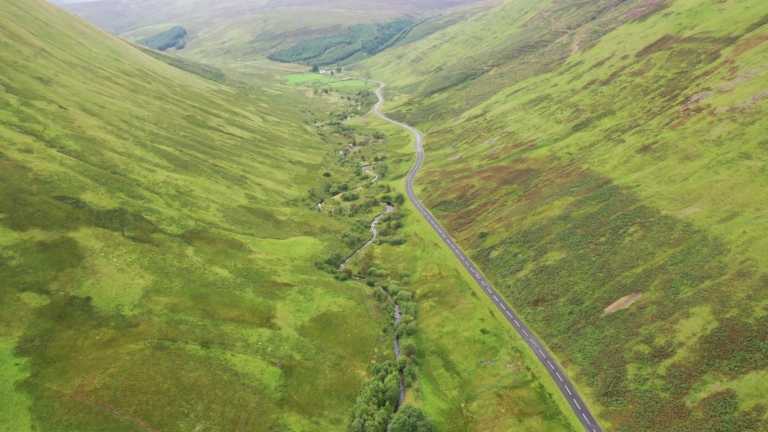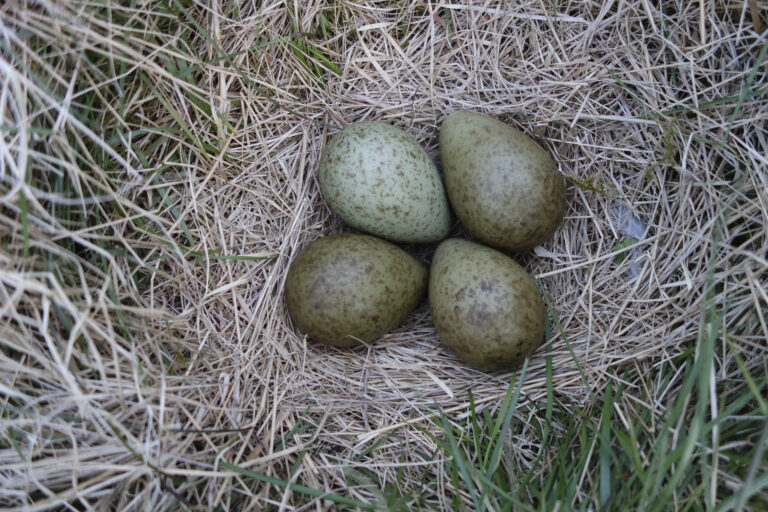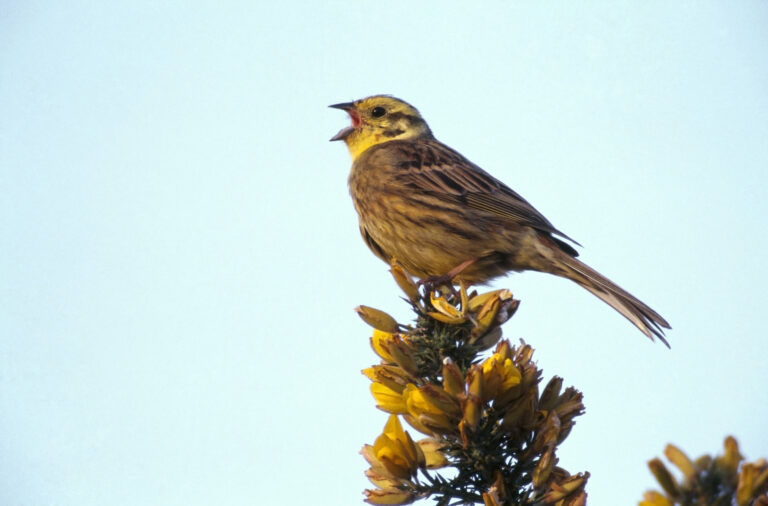The Scottish Government must take a much more ambitious approach to reforming agriculture policy and funding if it is to meet its own climate and nature targets, campaigners have said.
Ministers have indicated that the new system of farm funding will mimic the current decades-old system that sees large landowners disproportionately benefit from government payments.
But in evidence submitted to a parliamentary committee, leading environmental campaigners have said that the current funding system is ‘unfair and inefficient’ and that the government should instead direct money to support food being produced in ways that are better for nature and the climate.
The financial memorandum to the Agriculture and Rural Communities Bill, published in September, indicates that the Scottish Government intends to distribute the majority of its farm funding in a way that effectively maintains the status quo.
The Farm for Scotland’s Future campaign, a coalition of environment charities and farmers’ groups, says that broadly replicating the current distribution of funds will leave little money left to help farmers take targeted action for the environment, or to support them in the transition to sustainable farming.
Deborah Long, chief officer of Scottish Environment LINK which coordinates the campaign, said:
“Under this plan, most of the money would go to area-based ‘direct payments’, which require farmers to meet very few environmental conditions and which result in those with the most land receiving most money, or to payments with only light-touch environmental requirements. This will not drive the transformation in farming that we need.”
The development of new Scottish agriculture legislation has been seen by many as an opportunity to radically change the way farming is funded, in order to help restore biodiversity, tackle climate change and support smaller farms that lose out under the current system.
For the financial year 2023-24, more than two thirds of the Scottish government’s £650 million farm support budget is being paid to farmers based on how much and what type of land they farm, with very few conditions attached as to how they manage the land.
In contrast, about five percent of the budget is being spent on supporting farmers to deliver targeted environmental benefits through dedicated Agri-Environment support payments.
Figures published in June show that climate emissions from agriculture have risen, making it the second largest source of Scottish emissions. At the end of last year, the Climate Change Committee reported that detail on a low-carbon Scottish agriculture policy was ‘urgently needed’. Current farming methods also make farming a major cause of biodiversity loss.
The Scottish government has ambitious, legally binding targets to reduce Scotland’s climate emissions. Nature restoration targets are due to be set in the Natural Environment Bill, expected next year.
The Farm for Scotland’s Future campaign is calling for the new policy and funding system to reduce the proportion of the budget spent on payments per area with few environmental requirements, and by 2026 for at least three quarters of public spending on farming to support methods that restore nature and tackle climate change while producing food.
Deborah Long added:
“We know that across Scotland many farmers and crofters are working hard to help nature and reduce climate emissions. But far too often they’re doing so despite the current funding system, which offers them very little support or incentive to farm sustainably.
“The huge challenges of climate change and nature loss affect us all. Farming has a major role to play in tackling these crises, and it’s in all our interests that farmers and crofters should be supported to do this vital work. Public spending on farming should reflect these priorities.
“Paying farmers and crofters based on how much land they farm, with few environmental requirements, gives us extremely poor value for money. The new Agriculture and Rural Communities Bill is the opportunity to radically change the farm funding system so that it helps all farmers and crofters to produce food in ways that restore nature and tackle climate change.
“That’s why the plan to maintain the status quo in terms of where the money goes is so disappointing. We urge the Scottish government to reconsider, and not to waste this opportunity to make farming work for nature, climate and people.”




